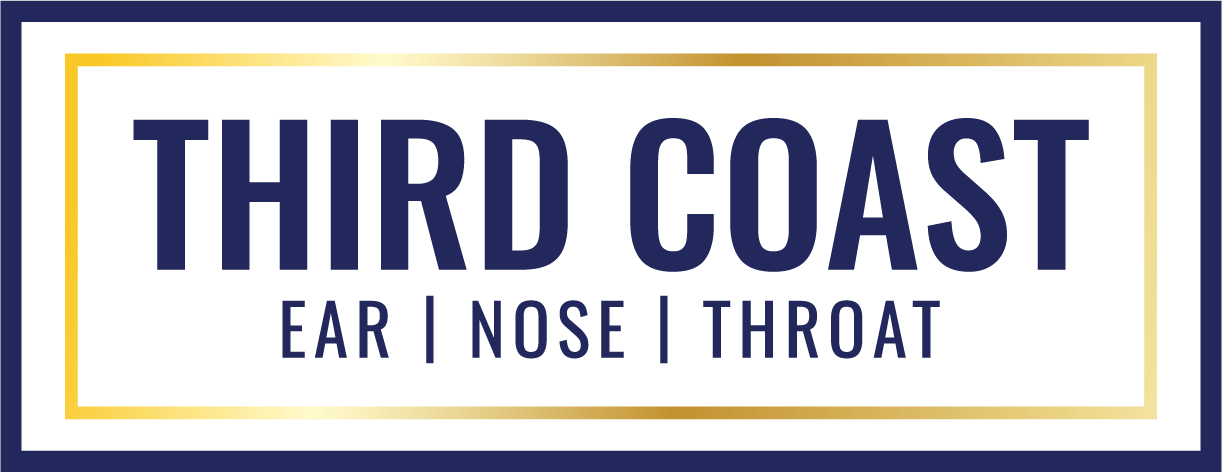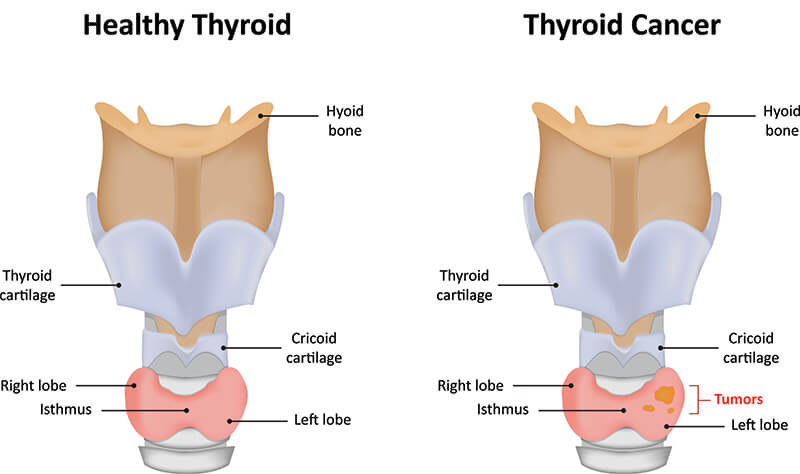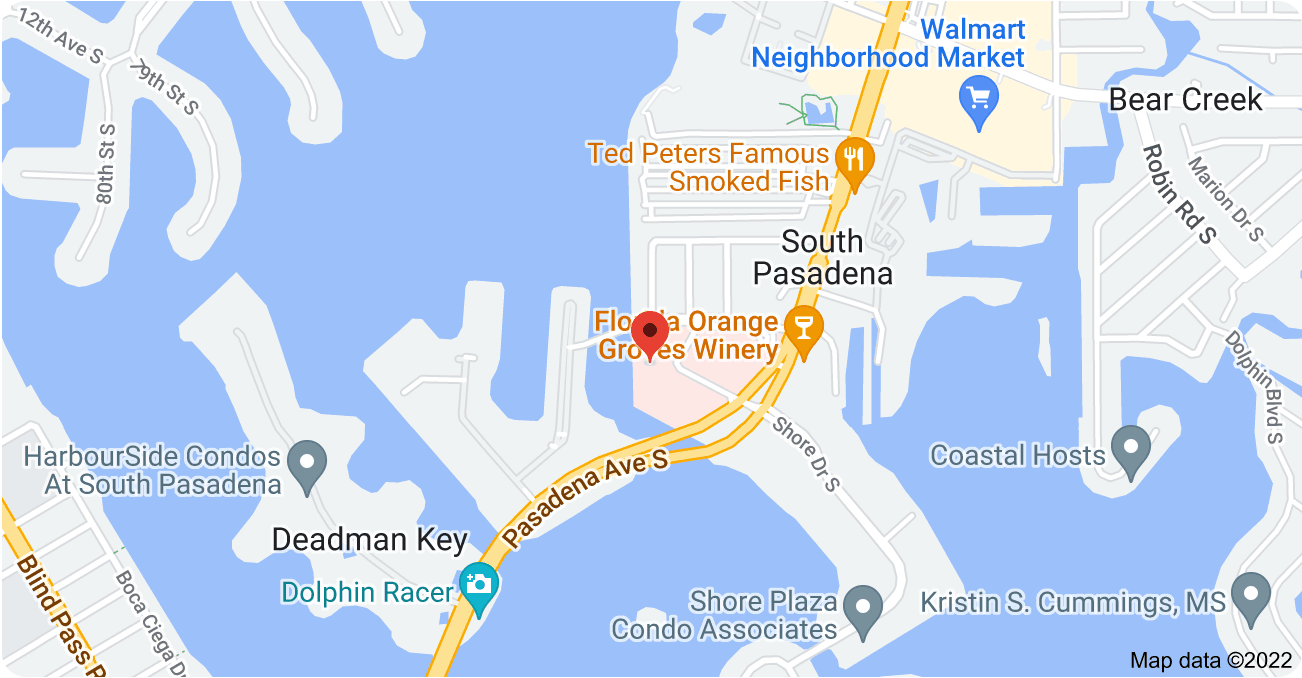Home » Our Services » Thyroid
Thyroid
What is the Thyroid?
The thyroid gland is a small butterfly-shaped gland in the neck that produces thyroid hormone. Thyroid hormone plays a role in controlling your energy levels, metabolism, mood and digestion as well as many other bodily functions.
Thyroid Nodules
Thyroid nodules are very common. Up to 70% of adults may have a thyroid nodule but most of them are benign and do not cause problems. It is important to determine if thyroid nodules are causing problems such as producing too much hormone, growing too large causing a goiter or developing cancer. Thyroid nodules are usually assessed with a thyroid ultrasound which can characterize them by their size, shape and appearance. Depending on their characteristics, some thyroid nodules will need to be biopsied using a small needle in order to determine their risk of cancer or other problems.
Thyroid Cancer
Thyroid cancer is one of the most treatable kinds of cancer. There are many kinds of thyroid cancer including Papillary, Follicular, Medullary, and Anaplastic. A thyroid fine needle biopsy can help to determine if a thyroid nodule is cancerous. The first step in treating thyroid cancer is usually surgery to remove the tumor. This may mean removing half of the thyroid gland or the entire thyroid gland as well as any surrounding lymph nodes. Sometimes radioactive iodine or external radiation may be used to treat any metastasis or remaining thyroid cancer after surgery as well as reduce the risk of recurrence.
Goiter
A goiter is an enlarged thyroid gland. Goiters can be caused by iodine deficiency, multiple enlarging thyroid nodules, Grave’s disease or Hashimoto’s thyroiditis. If the thyroid gland grows large enough it can put pressure on the throat, windpipe or other nearby structures. It can also become visible which may be bothersome. If a goiter has grown large enough to cause problems then it can be removed by surgery. Depending on the size of the gland and your symptoms, sometimes only half of the gland is removed but the whole gland may need to be removed in some cases.
Thyroid Surgery
Thyroidectomy can usually be performed in a minimally invasive manner through a small incision in the neck. The main risk of thyroid surgery is damage to the recurrent laryngeal nerve which is the nerve that controls your voice. Everybody has two of these nerves, one on each side of the neck. Permanent damage to this nerve is very rare. If you have damage to one nerve then you may have a hoarse voice. If you have damage to both nerves then you may have a hoarse voice and difficulty breathing. If you have permanent damage to a nerve then there are procedures that can be performed to improve your voice if it is hoarse. Another possible risk of thyroid surgery is low calcium due to a reduction in blood supply to the four parathyroid glands that are right next to the thyroid gland. After thyroid surgery, most patients stay overnight in the hospital to make sure their calcium levels are normal and they are comfortable after surgery. Sometimes a small drain is placed in the neck to drain any excess fluid but this is usually removed the morning after surgery. Most patients take about a week off of work but the surgery is usually very well tolerated. Your thyroid hormone levels may need to be monitored and you may need thyroid hormone replacement after surgery. The thyroidectomy incision is usually small and heals very well.
If you are concerned about your thyroid gland, call us today to schedule an evaluation!




